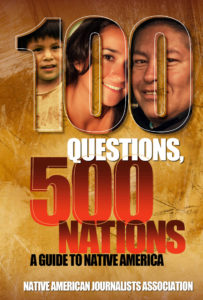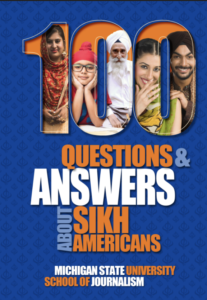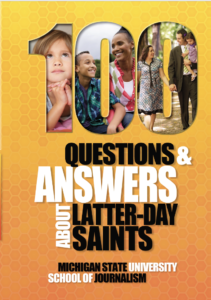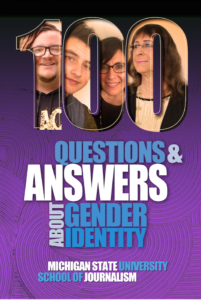National Public Radio has an interesting article on a Supreme Court decision about Indian treaty rights. It explores the partisan split on the court and how conservative judge Neal Gorsuch sided with the liberal minority in a 5-4 decision. The court decided to uphold Yakama tribal members’ rights to travel public roads and not be taxed on the goods brought onto the reservation. The treaty was signed in 1855.
 In “500 Nations: 100 Questions,” the Bias Busters series goes over some basic questions about the sovereignty and treaty rights of Native Americans. This is how the guide describes sovereignty:
In “500 Nations: 100 Questions,” the Bias Busters series goes over some basic questions about the sovereignty and treaty rights of Native Americans. This is how the guide describes sovereignty:
Are Indian tribes and Indian nations the same?
Yes. The federally recognized tribes are considered self-governing—or sovereign nations—by Congress. Thus, the federal government deals with them as political entities, not as persons of a particular race. The political status of tribes is written in the U.S. Constitution: “The Congress shall have power … to regulate commerce with foreign nations .,, and with the Indian tribes.” It is acceptable to refer to American Indians who belong to tribal nations as both their members and citizens, unless an individual has a preference.
The guide also has a whole section on treaties. It begins this way:
What are treaties?
From 1777 to 1871, U.S. relations with Indian nations were negotiated through legally binding agreements called treaties. These treaties, or agreements, between tribal governments and the United States transferred and created property rights as well as service obligations. There were 371 treaties signed with American Indian tribes, usually to gain rights to their land.
What agreements did the treaties contain?
The treaties often promised Indians protection, goods, services, self-governing rights, health care and a tribal homeland in exchange for cooperation and vast tracts of land.



















